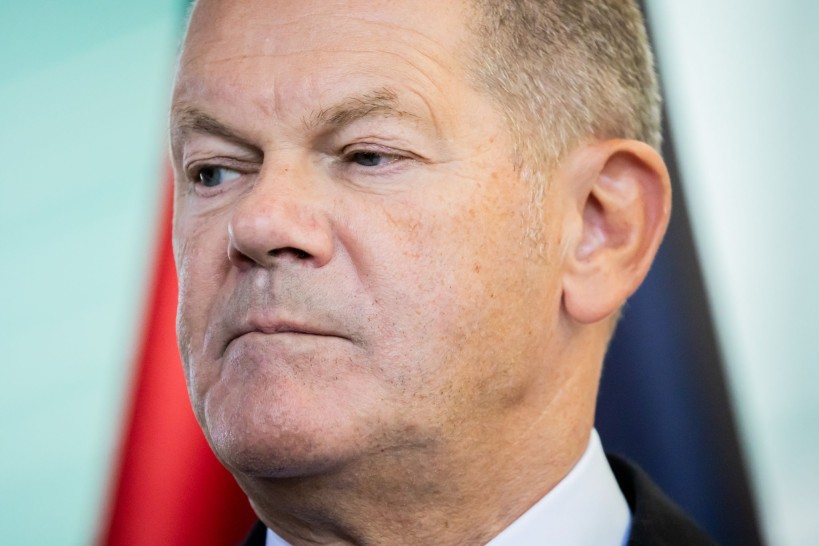By Martina Herzog and Sascha Meyer, dpa I Tuesday, September 03, 2024
BERLIN – Several German political leaders demanded stricter asylum and immigration policies ahead of a cross-party meeting on migration and security in Berlin on Tuesday.
Chancellor Olaf Scholz announced the gathering after a deadly mass stabbing at a festival in the western German city of Solingen.
The conservative opposition and leaders of Germany’s 16 federal states were invited to Berlin to discuss curbing irregular migration.
Centre-right Christian Democrat (CDU) leaders urged Scholz to enact major changes in response to the attack. Scholz’s junior coalition partner, the free-market liberal Free Democrats (FDP), also joined those calls.
“We need a fundamental reorganization of migration policy,” said the CDU’s Roman Poseck, who serves as the interior minister in the western German state of Hesse. “In my view, results must be achieved in the short term.”
“If migration policy does not change, democracy will suffer enormous damage,” the FDP’s general secretary, Bijan Djir-Sarai, told dpa.
The Interior Ministry, which is hosting the cross-party meeting, said it will focus on a security package announced last week by Scholz’s government in response to the Solingen attack that killed three people and injured eight others on August 23.
The suspect is an alleged Islamist extremist from Syria who had avoided being deported. He is being held on charges of murder and suspected membership in the Islamic State terror group.
The Solingen attack came after a police officer in the city of Mannheim was killed in early June by an Afghan migrant.
Poseck criticized the government’s proposals for failing to address issues at the external borders. In addition to deportations, Poseck said the government needs to consider ways to prevent more migrants from entering the country in the first place.
Scholz will not participate at the meeting. Instead, Interior Minister Nancy Faeser is to chair the talks on behalf of the federal government, with Justice Minister Marco Buschmann and Foreign Minister Annalena Baerbock also attending.
Thorsten Frei and Andrea Lindholz, two senior lawmakers with the centre-right CDU/CSU opposition bloc, will be there, as will a number of top officials representing Germany’s 16 states.
‘Tough’ measures announced after attack
Scholz’s government last week proposed stricter rules on carrying knives in public, tight new limits on benefits for asylum seekers, and greater police powers to address suspected Islamist threats.
Asylum seekers who initially registered in other EU countries would no longer be eligible for social benefits in Germany under the proposal.
The changes, which Faeser called “far-reaching” and “tough,” would also make it easier to deport foreigners from Germany if they have committed a crime with a weapon.
The package should serve as the “essential basis” for Tuesday’s meeting, said a spokesman for the Interior Ministry.
“Beyond the package, we have made it clear that we are open to proposals from the CDU/CSU and the federal states and will discuss these with each other,” he said.
Conservatives want to limit migration
Germany’s main opposition leader, Friedrich Merz of the CDU, said ahead of that talks that “uncontrolled immigration” was the real issue that needed to be addressed.
“If the coalition wants to talk to us about a solution, then limiting immigration must be the number one topic on the agenda,” he said, arguing that migrants entering the country unlawfully needed to be turned away immediately at the border.
“You can’t solve the problem” with deportations alone, Merz said.
Merz has called for the implementation of a “national emergency” to override European Union law on migration and speed up deportations.
Government dampens expectations for meeting
Despite the seniority of the attendees, the German government tried to dampen expectations for the meeting.
“I would rather argue in favour of waiting and not formulating great expectations in advance,” said deputy government spokeswoman Christiane Hoffmann in Berlin on Monday.
